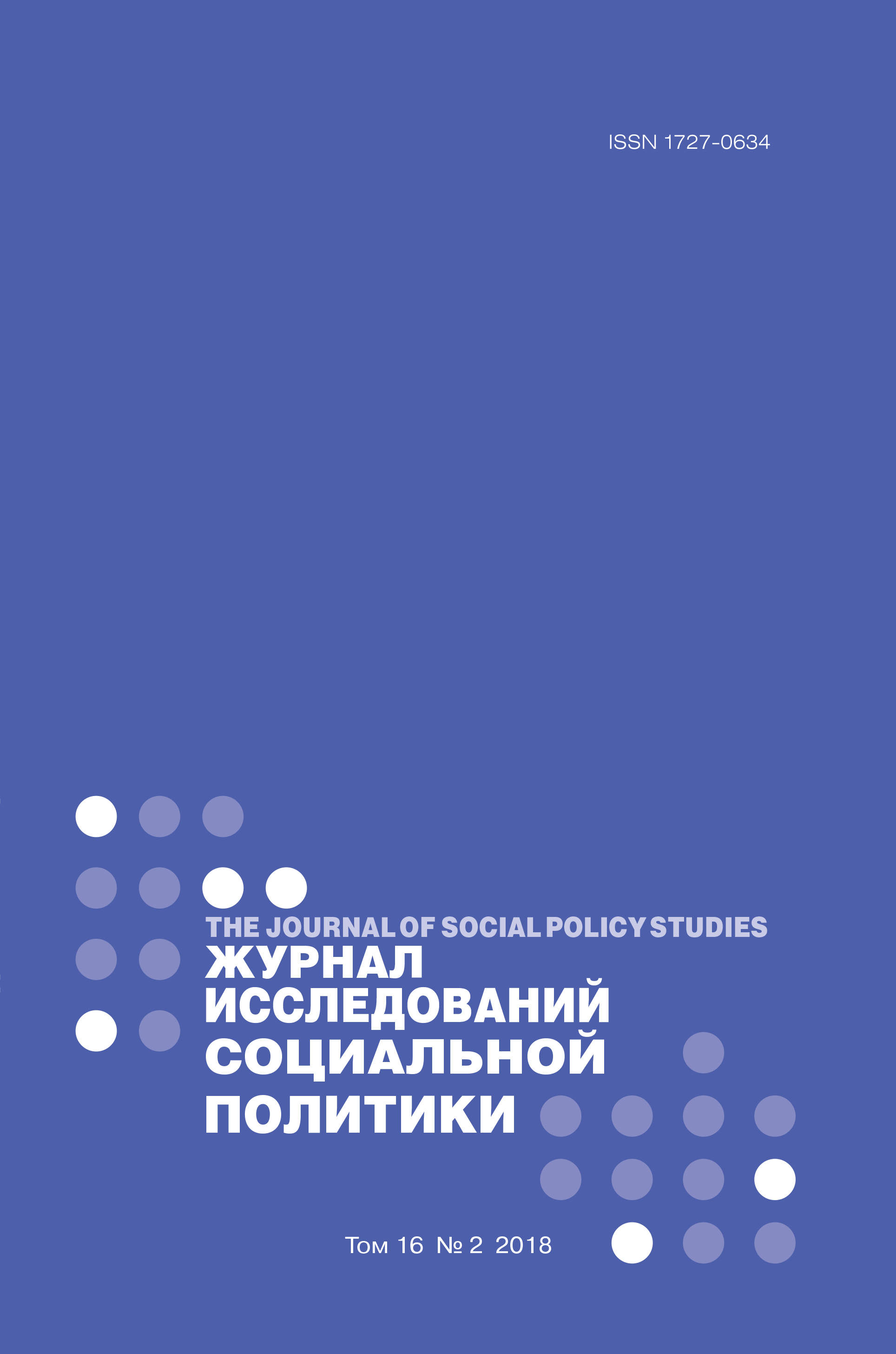Религия и социальная справедливость: обзор исследований влияния религиозности на предпочтения относительно социальной политики
Аннотация
Анна Кулькова – младший научный сотрудник, Научно-учебная лаборатория политических исследований, НИУ ВШЭ, Москва, Россия. Электронная почта: akulkova@hse.ru
Масштабы социальной политики зависят от уровня развития государства, которым определяется, какое количество ресурсов государство может перераспределять и направлять на помощь нуждающимся. Однако проводимая социальная политика также зависит и от предпочтений граждан, их представлений о необходимости помощи определенным социальным группам, о степени допустимого вмешательства государства в экономику. В отличие от исследований, которые объясняют различия в предпочтениях относительно социальной политики через социально-экономические факторы, в фокусе этого обзора исследований находится религия как культурный предиктор восприятия государства благосостояния. Религия может оказывать воздействие на индивидуальные предпочтения относительно перераспределения благ, как создавая общий культурный контекст и задавая некий стандарт помощи нуждающимся, так и определяя индивидуальные установки верующих относительно того, кто заслуживает помощи и как она должна осуществляться. Статья представляет собой обзор механизмов влияния религии на формирование индивидуальных предпочтений относительно социальной политики, в котором на основании существующих исследований анализируется, существуют ли различия в отношении к социальной политике между последователями разных религиозных традиций, а также между религиозными и нерелигиозными людьми в современной Европе. Сначала религия рассматривается как фактор контекстуального уровня, и в фокусе оказывается влияние церковно-государственных отношений и содержательной стороны доминирующей религиозной традиции на формирование принципиально разного отношения к бедности и, как следствие, разных режимов благосостояния в странах Европы. Затем религия рассматривается как предиктор индивидуального уровня, и анализируется, как на предпочтения относительно перераспределения благ влияет степень индивидуальной религиозности.















